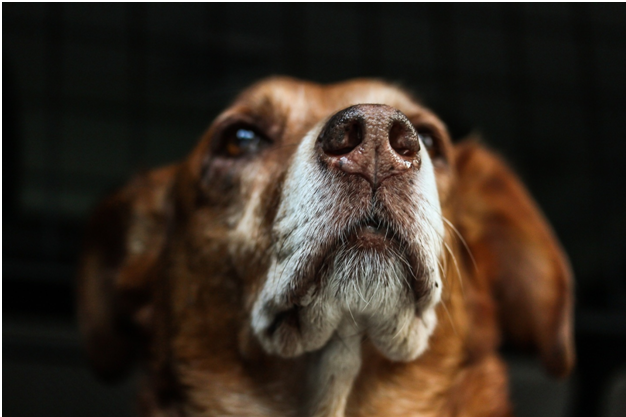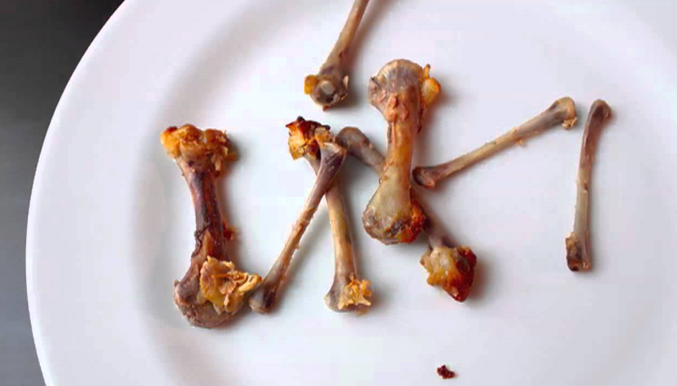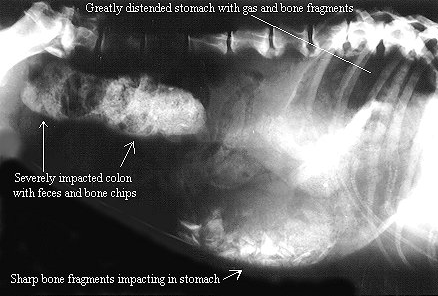CBD is currently in the limelight for its broad range of healing effects in humans. It appears to be a remedy for most anything. In truth, it is not a panacea, but is does have many effects on health, all of which are positive. It can reduce anxiety, pain, high blood pressure, psychosis, sleep disorders and more.
Effective Pain Relief
The pain relieving effect is due to the strong anti-inflammatory ability that CBD naturally has. In fact, inflammation is pointed to as the major cause of serious diseases such as heart problems and cancer. The use of anti-inflammatory drugs, not too long ago, was being used to prevent cancer and the day looked good until it was determined to be unsafe.
The case with that class of drugs is that they have serious effects on the kidneys, liver, and cardiovascular system, as well as digestion. CBD has more of an indirect effect on inflammation, actively showing activity and it does not cause the problems of the previous anti-inflammatory drugs.
Effectiveness in Pets
As we will do with many things in life, we will do CBD oil with our dogs and cats too. That is not a guarantee, but it is something you can try. It is perfectly safe to use CBD for cats or dogs. It has immediate effects on anxiety, notable effects. This shows that it does work for at least that.
In addition, studies done for pain and CBD in humans matches tests done on dogs as well. It seems that in both scenarios, the effect was pronounced and analgesic almost to the strength of codeine. It works both at reducing inflammation and directly on nerve receptors and neurotransmitters. The fact that it works in both humans and dogs shows, again, that it works.
Inflammatory Bowel Disease
CBD seems to positively support the health of the bowels through its anti-inflammatory effects. This will relieve the pain and, over time, normalize to movements of the intestines so damages slow down in occurrence.
CBD works on the level of the immune system to improve bowel healing, reduce infections, and support tissue repair. The calming effect keeps surrounding muscles from causing more damage and pain. It has demonstrated effects in humans and animals. Learn more at https://www.americanhempoil.net/product/250mg-cbd-oil-pets/.
Anxiety Relief and Prevention
One of the main reasons that people use CBD is for anxiety problems. It has been shown to have anti-anxiety effects without changing consciousness. This is beneficial for humans. People tend to forget that pets suffer from anxiety problems too. Being carried on airplanes or adjusting to a new home can be quite distressing to the furry ones. A dose of CBD oil will help ease the anxiety.
An animal or human can also be dosed with CBD prior to anxious situations in order to prevent anxiety. It is effective both in humans and animals, even standing up against the prescription of Xanax for anxiety and panic, unofficially. It is easy to see how quality of life will improve for your furry friends.
You can learn more about CBD Oils at https://redstormscientific.
It might be hard for you to accept that CBD for pets are safe and good for your lovable pet. However, most of them come with the potential benefits and have positive results on how they feel, move and even react. You must connect to the internet to know more about them.




